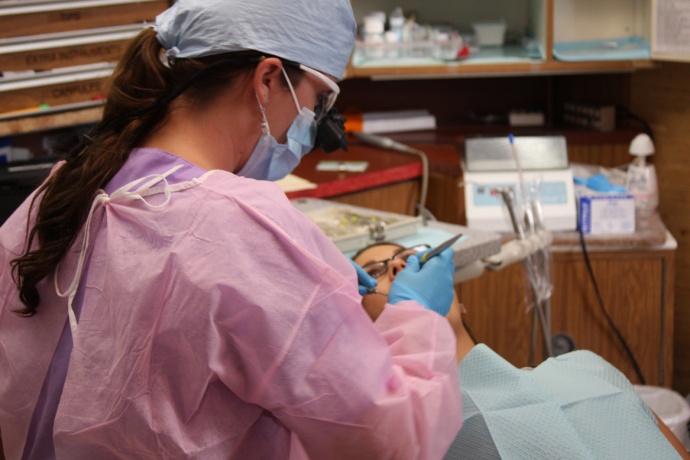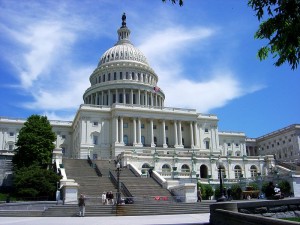OPINION: Hawaii’s ‘Super STD’ Proves Contagious – for the Media
By Nate Gaddis
A few weeks ago, Hawaii News Now erroneously broke some rather icky news that may have derailed a few would-be one-night stands.
According to the news outlet’s original report, Hawaii is now home not only to luscious waterfalls and frolicking beach bodies, but also to the most hideous sexually transmitted disease known to man: super gonorrhea.
If those words alone don’t make your libido shrink, then the national media’s frothing, overblown reporting surely will.
To clarify, mistakes in the media happen often – what’s worrisome here though is how quickly and easily the story was copied and then further inflated.
The most popular headline being passed around world news outlets sprang forth from the helpful folks over at CNBC, who quoted “Doctor” Alan Christianson as saying the much-feared STD “might be a lot worse than AIDS…”
Christianson, a “naturopathic doctor” also went on to claim that the sex superbug could put victims “into septic shock and death in a matter of days.”
Those claims have since been disputed by infectious disease experts, who note that gonorrhea is almost never fatal.
For anyone wondering, Christianson is not affiliated with the Center for Disease Control. Nor is he a doctor. Had CNBC bothered to check his credentials via his website, they would have been reassured to learn that as a child he possessed “superior intellect.” And he’s also really into mountain biking… on a unicycle.
Not surprisingly, the Hawaii News Now report, along with CNBC’s own well-researched contribution, led to a full-frontal freak-out in the media.
It took a cold shower of facts from both the CDC and the Hawaii Department of Health before some (but not all) news outlets withdrew their flimsy reporting. The hard truth? There is in fact “no multi-drug super-resistant superbug yet in Hawaii or the United States.”
You may resume your previously scheduled liaison.
Of course, you may first want to erect a few common-sense barriers between you and any little-known amours.
That’s because the previously mentioned media circus can be attributed to a DOH report that in May of 2011, a Hawaii woman was diagnosed with the first known case of a more resistant (but non-superbug) strain of gonorrhea than that typically seen by healthcare providers.
By “typically seen,” we mean the treatable version of neisseria gonorrhoeae, famous for its painful burning and embarrassing discharge (though not everyone will exhibit symptoms).
According to the CDC, there are 800,000 new cases of good ole-fashioned regular gonorrhea in the US every year.
As for Hawaii, we enjoy a below-average ratio of 50.4 cases for every 100,000 people. Vermont has the most pristine populace by contrast, at less than 8 in 100,000.
For anyone wondering, the dubious distinction of “most likely to have gonorrhea” actually goes to the residents of Washington, DC who are over nine times more likely than Hawaiians to be infected.
Although the superbug version of the disease has yet to show up in this country, the CDC is requesting a $50 million check from US Congress to develop new STD-fighting antibiotics.
According to the agency’s own statistics, they’ve gone to the right place to score funds.












